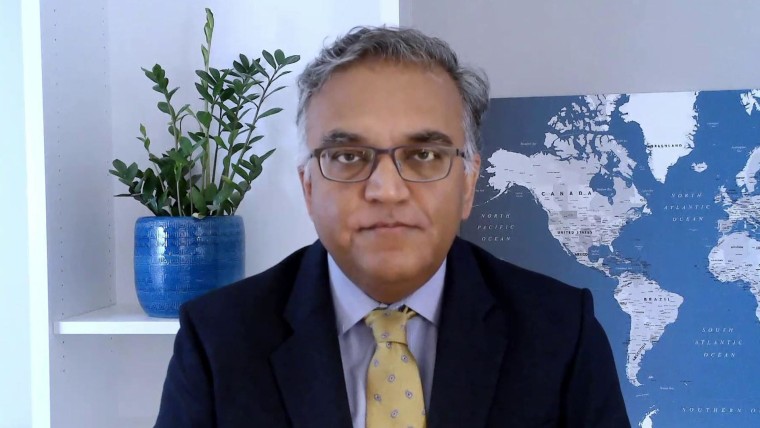Johnson & Johnson has paused its clinical trials for a Covid-19 vaccine following a patient illness, just weeks after it announced it was in its final stage.
A pause is not entirely unexpected in vaccine trials. When another vaccine trial was temporarily stopped last month, experts hailed the move, pointing to it as an example of the scientific rigor that is being maintained despite the understandably intense public interest for a Covid-19 vaccine.
The Johnson & Johnson trial was paused after an “unexplained” illness in one of its participants and in compliance with regulatory standards, the company said in a news release Monday night. The pharmaceutical company said the patient’s condition was being reviewed and evaluated by the ENSEMBLE independent Data Safety Monitoring Board.
“We must respect this participant’s privacy,” the company’s statement said. “We’re also learning more about this participant’s illness, and it’s important to have all the facts before we share additional information.”
It’s unclear whether the patient received the experimental vaccine or were in the placebo-control group.
AstraZeneca also started its Phase 3 vaccine trial last month but was placed on pause in the U.S. after a participant in the United Kingdom was reported to have developed a spinal cord injury. The company resumed its trial with Oxford University in the U.K. but was awaiting Food and Drug Administration approval to continue in the U.S.
Dr. Francis Collins, director of the National Institutes of Health, told NBC News last month that the pause should reassure those with concerns about possible vaccine safety issues.
“If anybody thinks we’re just glossing over these kinds of issues in the big rush to approve a vaccine, this ought to be reassuring,” Collins said during a “Doc to Doc” interview with NBC News medical correspondent Dr. John Torres, which was streamed on Facebook.
Pfizer and Moderna also have vaccine trials that went into Phase 3 in July, both of which require two doses about a month apart. The Johnson & Johnson vaccine is instead administered in one dose, avoiding the complicated coordination to require that people return in time for the second dose.
Johnson & Johnson announced last week that European Commission approved an advance purchase agreement from its parent company, Janssen Pharmaceutical Companies, for 200 million doses of the vaccine to E.U. member states following approval. The company also said it was looking to allocate up to 500 million vaccine doses toward international efforts for low-income nations.













